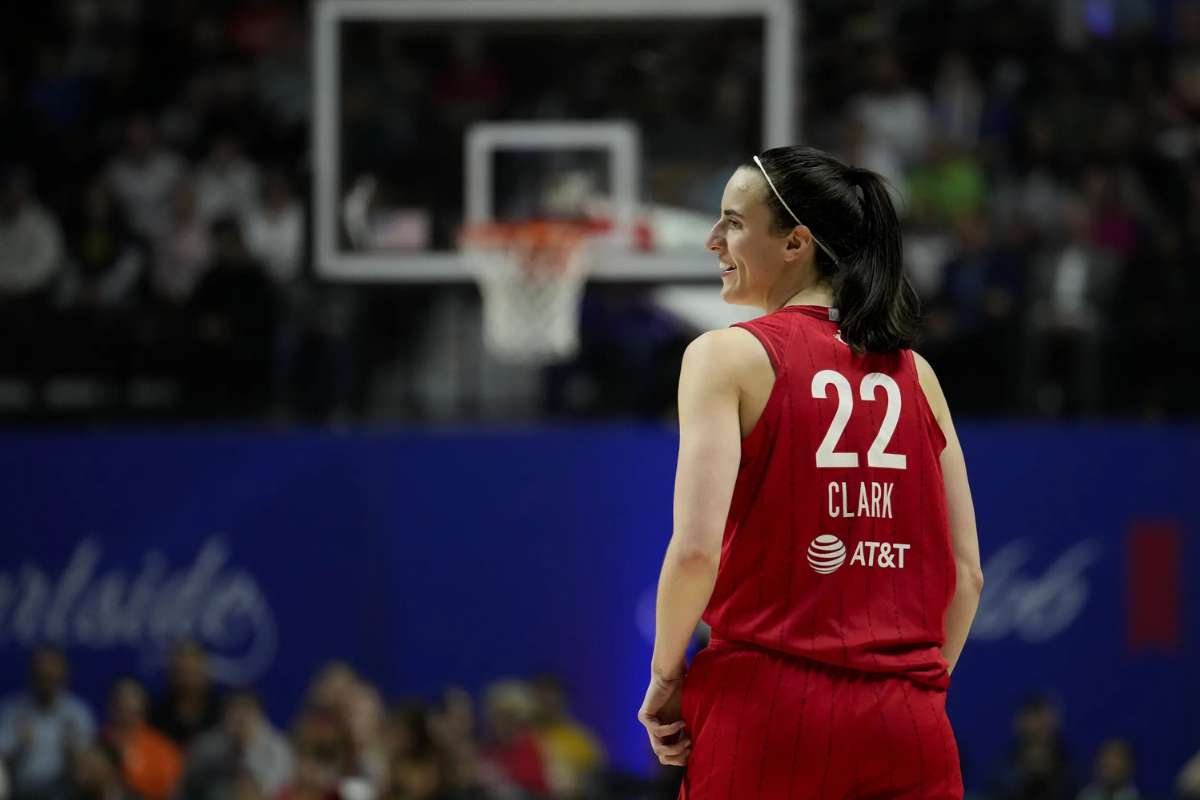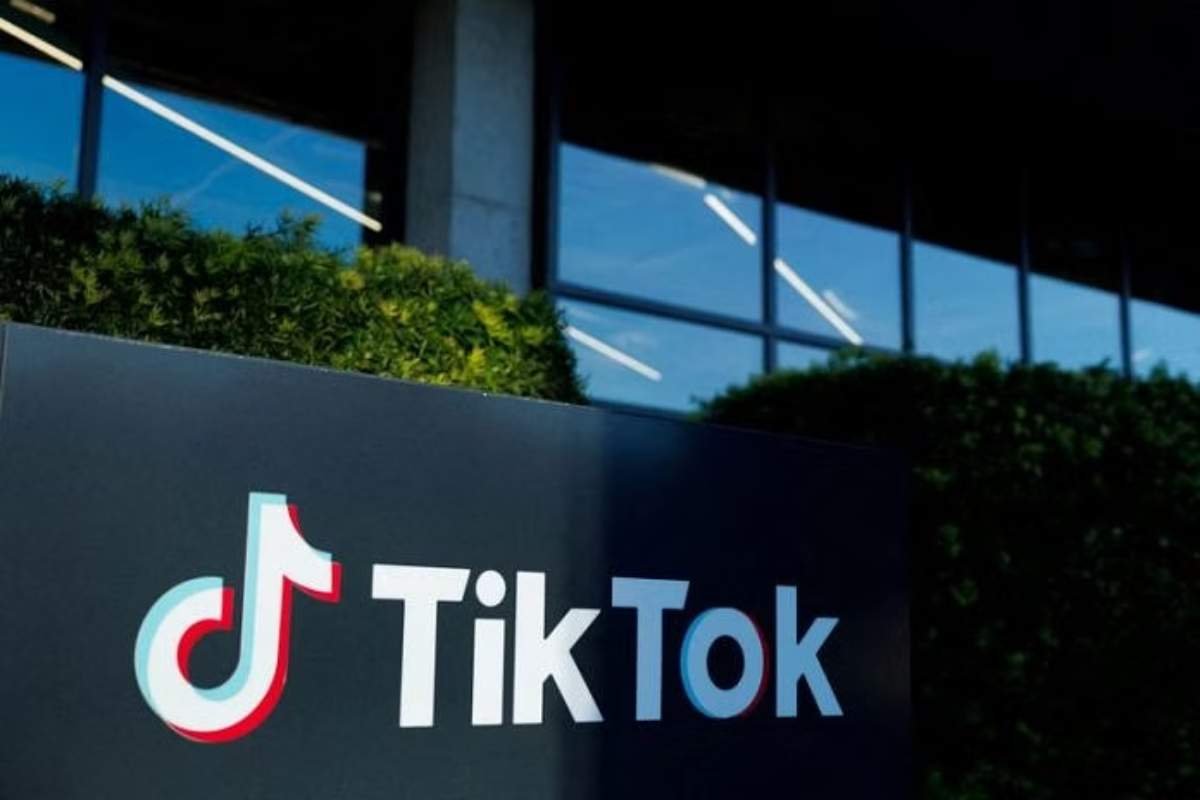The WNBA is facing mounting scrutiny as players openly challenge the league’s leadership, resulting in a WNBA leadership backlash following allegations involving Commissioner Cathy Engelbert. Reports suggest Engelbert made comments that appeared to downplay the significance of rookie star Caitlin Clark’s off-court earnings, implying Clark should feel “grateful” for her $16 million in sponsorships and suggesting that opportunities of this magnitude would not exist without the WNBA platform.
Clark, who has quickly become one of the league’s breakout stars, publicly supported her teammates’ concerns. She emphasised that the timing of the dispute is critical, with the WNBA approaching the expiration of its collective bargaining agreement at the end of October. Clark described this period as a defining moment for the league, highlighting the need for strong, transparent, and accountable leadership that prioritises both player welfare and the growth of the sport.
Players Speak Out: Sophie Cunningham Joins the Criticism
The WNBA leadership backlash intensified when Indiana Fever guard Sophie Cunningham weighed in, openly defending Clark and sharply criticising Commissioner Engelbert’s leadership. Cunningham labelled Engelbert “the most delusional leader our league has seen,” arguing that the league’s management has frequently overlooked player concerns. Emphasised that many players feel disconnected from decision-making processes and that leadership must better recognise the value and achievements of its athletes.
This criticism is not isolated. Other players have previously voiced frustrations over the WNBA’s management, including claims of inconsistent officiating and accusations that concerns about “sustainability” have been used to justify underpaying athletes. Cunningham’s comments reflect broader discontent among players who feel that their voices are often overlooked in league decisions. These remarks underscore a growing demand for accountability and change, signalling that leadership decisions and public communications will likely remain under intense scrutiny in the coming months.
League Response and Implications for the Future
In response to the WNBA leadership backlash, Commissioner Engelbert expressed disappointment over how her remarks were interpreted but reiterated her commitment to supporting players and fostering the growth of the league. Despite her statement, tensions between players and management highlight the challenges the WNBA faces in bridging communication gaps and ensuring that leadership is perceived as both effective and player-focused.
As the league navigates the upcoming collective bargaining agreement negotiations, this period could prove to be pivotal for the WNBA’s future. Players are calling for stronger representation and transparent leadership, emphasising that the league’s credibility depends on trust between management and its athletes. The ongoing dialogue between the commissioner, players, and other stakeholders will likely shape not only the financial and operational direction of the league but also its broader cultural and professional standing.
Ultimately, the situation reflects a growing expectation from players for leadership that acknowledges their achievements, addresses systemic concerns, and steers the WNBA toward sustainable growth and global recognition. How the league responds to the WNBA leadership backlash could define its trajectory for years to come.
Visit CIO Women Magazine For The Most Recent Information.








